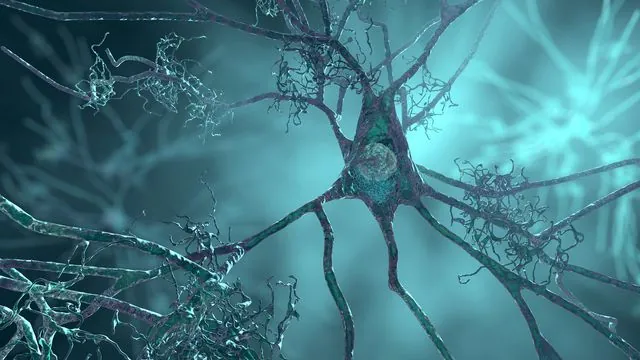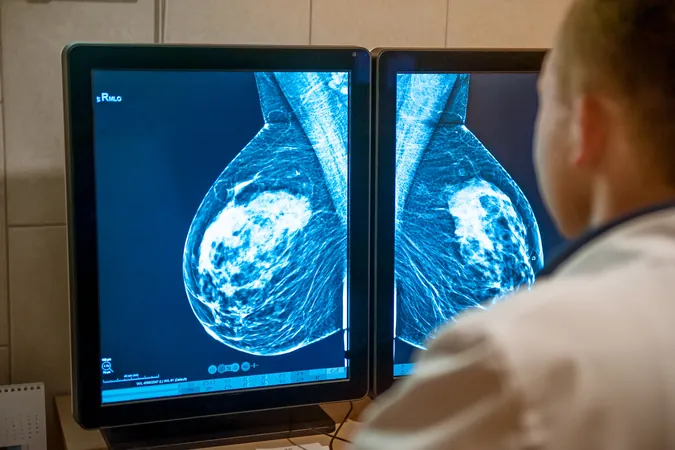
Breakthrough Study Uncovers Protein Link to Alzheimer's Memory Loss
2024-11-27
Author: Rajesh
Groundbreaking Study by University of Liverpool
A groundbreaking study conducted by researchers at the University of Liverpool is shedding new light on the mechanisms behind Alzheimer’s disease, a condition responsible for 60-80% of dementia cases worldwide. This research represents a giant leap forward in the ongoing battle against one of the most devastating neurodegenerative disorders.
Exploring Protein Interactions
Led by Professor Ben Goult, the investigative team explored the intricate relationship between two critical proteins in the brain, unveiling the potential consequences of disruptions in mechanical signaling pathways on memory formation and maintenance. This marks the first time such a connection has been identified, and it could open doors for innovative therapeutic interventions.
The Role of Amyloid Precursor Protein (APP)
The study defines the crucial role of the Amyloid Precursor Protein (APP) - notorious for its involvement in forming the amyloid plaques characteristic of Alzheimer’s disease. Research suggests that APP interacts with talin, a syaptical scaffold protein, and this relationship is essential for maintaining the mechanical integrity of synapses in the brain. Disruptions in APP processing, which are commonly observed in Alzheimer's patients, appear to interfere with these pathways, leading to synaptic degeneration and, ultimately, memory loss.
Significance of the Findings
Professor Goult emphasizes the significance of this finding, stating, “Alzheimer’s disease is a cruel neurodegenerative disorder characterized by memory loss and cognitive decline. This research gives us crucial insights into the underlying mechanisms of the illness, marking an important step forward in enhancing our understanding of this catastrophic condition.”
Potential Therapeutic Interventions
Moreover, the research raises the exciting possibility of repurposing existing cancer treatments to stabilize focal adhesions, potentially restoring mechanical integrity at synapses. While still in theoretical stages, this approach could revolutionize the way we tackle the progression of Alzheimer’s disease, offering a glimmer of hope in a field that desperately needs effective solutions.
Looking Forward
Professor Goult further notes that, although more research is necessary to validate these findings, this discovery is a pivotal moment in the quest for early diagnosis and improved treatment options for Alzheimer's patients. With ongoing studies, there is renewed optimism in the scientific community about the potential for breakthroughs in managing this complex and challenging disease.
Conclusion
Stay tuned as this research evolves—it may unlock new pathways to understanding and treating Alzheimer's, offering hope to millions affected by this cruel illness!




 Brasil (PT)
Brasil (PT)
 Canada (EN)
Canada (EN)
 Chile (ES)
Chile (ES)
 España (ES)
España (ES)
 France (FR)
France (FR)
 Hong Kong (EN)
Hong Kong (EN)
 Italia (IT)
Italia (IT)
 日本 (JA)
日本 (JA)
 Magyarország (HU)
Magyarország (HU)
 Norge (NO)
Norge (NO)
 Polska (PL)
Polska (PL)
 Schweiz (DE)
Schweiz (DE)
 Singapore (EN)
Singapore (EN)
 Sverige (SV)
Sverige (SV)
 Suomi (FI)
Suomi (FI)
 Türkiye (TR)
Türkiye (TR)